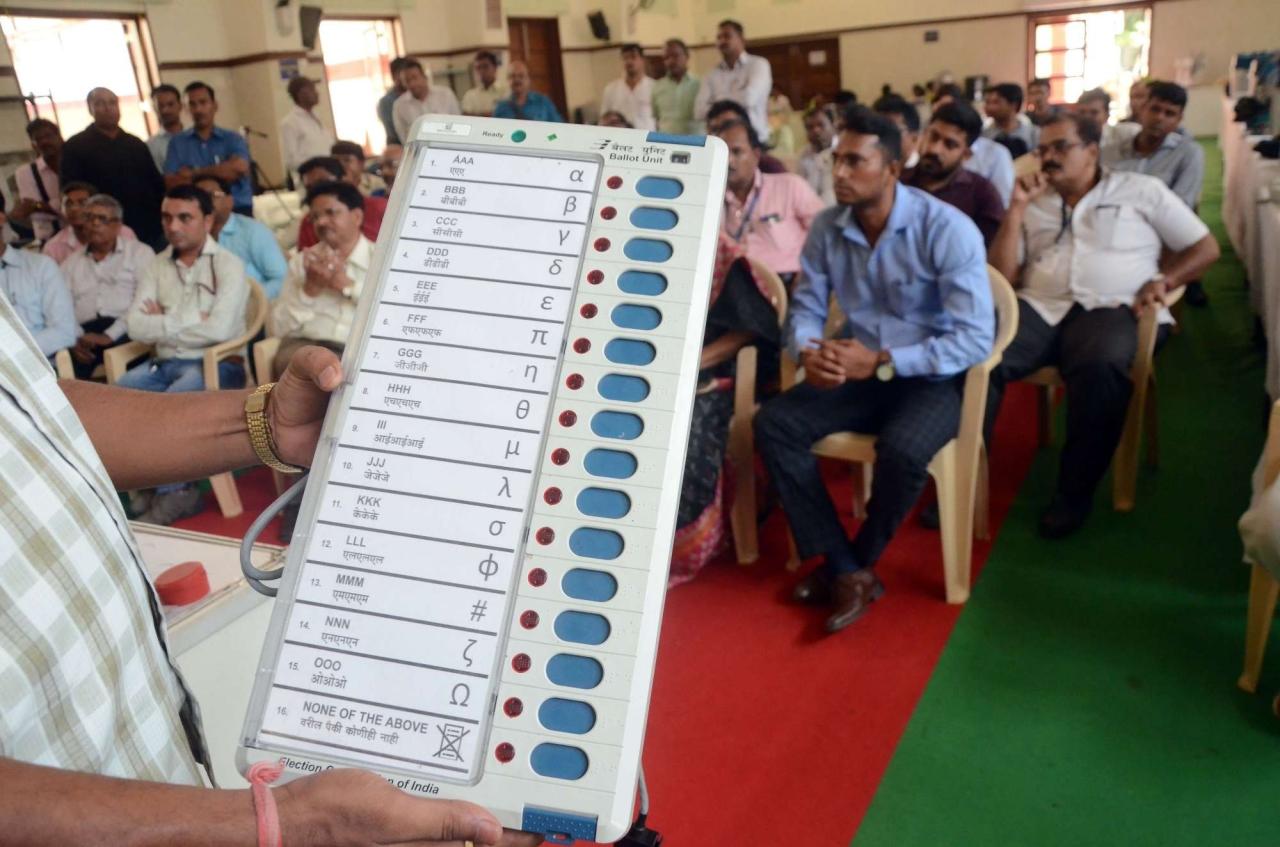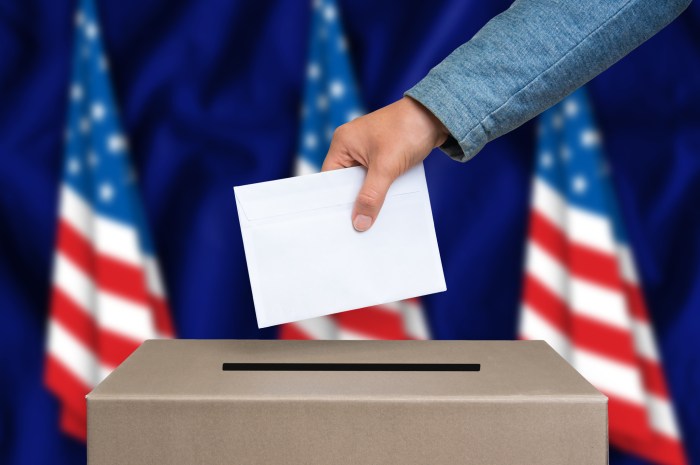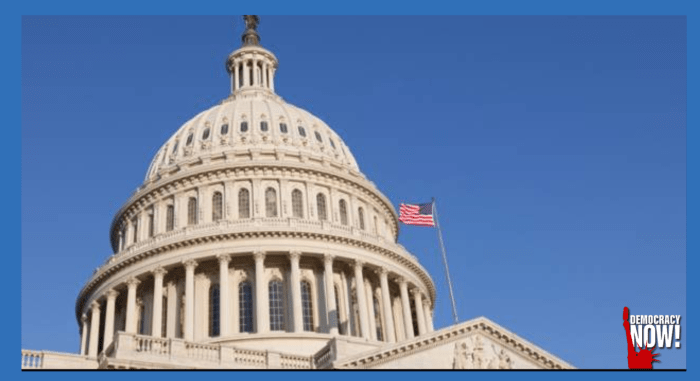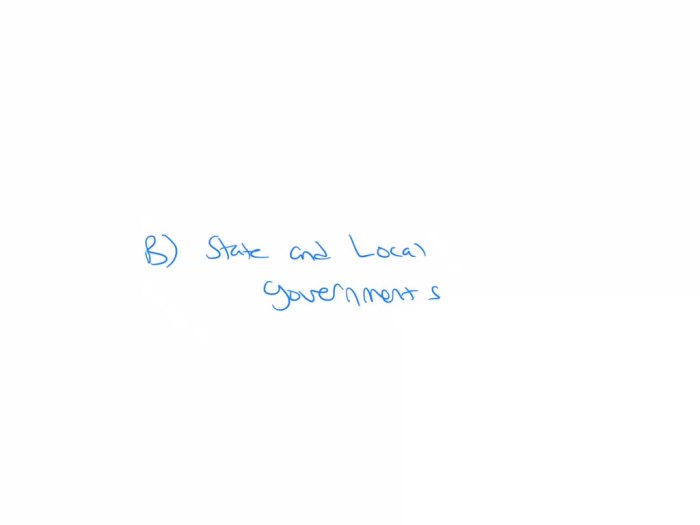The primary responsibility for conducting public elections rests with a complex interplay of stakeholders, legal frameworks, and technological innovations. Understanding this responsibility is crucial for ensuring the integrity, accessibility, and public trust in the electoral process.
This comprehensive guide delves into the various aspects of public election conduct, exploring the roles and responsibilities of election officials, strategies to enhance voter participation, and challenges and solutions in election administration.
The Primary Responsibility for Conducting Public Elections

Public elections play a crucial role in democratic societies, providing citizens with the opportunity to choose their representatives and participate in governance. The primary responsibility for conducting public elections rests with designated election officials, who are tasked with ensuring the integrity, accuracy, and fairness of the electoral process.
Various stakeholders are involved in conducting public elections, including election officials at different levels, political parties, candidates, and observers. Legal and constitutional frameworks provide the overarching guidelines for election conduct, establishing principles such as universal suffrage, secret ballot, and periodic elections.
Responsibilities of Election Officials, The primary responsibility for conducting public elections rests with
- Register voters and maintain voter lists.
- Prepare and distribute ballots.
- Supervise polling stations on election day.
- Count votes and certify election results.
Election officials are responsible for ensuring the integrity of the electoral process by implementing measures to prevent voter fraud, suppression, and intimidation.
Ensuring Voter Participation and Accessibility
High voter participation is essential for the legitimacy of public elections. Election officials implement outreach programs and voter education initiatives to increase turnout.
Accessibility measures are also crucial to ensure that all eligible voters can participate in the electoral process, regardless of physical, cognitive, or linguistic barriers.
Challenges and Innovations in Election Conduct
- Voter fraud and suppression.
- Technological issues.
- Partisan interference.
Election officials adopt innovative solutions and best practices to address these challenges, such as electronic voting, blockchain technology, and enhanced security measures.
Public Confidence and Trust in Elections
Public confidence in the electoral process is essential for the stability and legitimacy of democratic institutions. Factors contributing to trust include transparency, accountability, and the perceived fairness of elections.
Election officials implement measures to enhance transparency, such as public disclosure of election results and independent audits.
International Perspectives on Election Conduct
- Comparative analysis of election conduct practices.
- Similarities and differences in legal frameworks and voter participation rates.
- Role of international organizations in promoting best practices and supporting election integrity.
Essential FAQs: The Primary Responsibility For Conducting Public Elections Rests With
What are the key responsibilities of election officials?
Election officials are responsible for voter registration, ballot preparation, vote counting, and ensuring the integrity and accuracy of election results.
How can voter participation be increased?
Voter turnout can be increased through outreach programs, voter education initiatives, and measures to ensure accessibility for all eligible voters.
What are the common challenges faced in conducting public elections?
Common challenges include voter fraud, suppression, technological issues, and the need to balance accessibility with election security.


